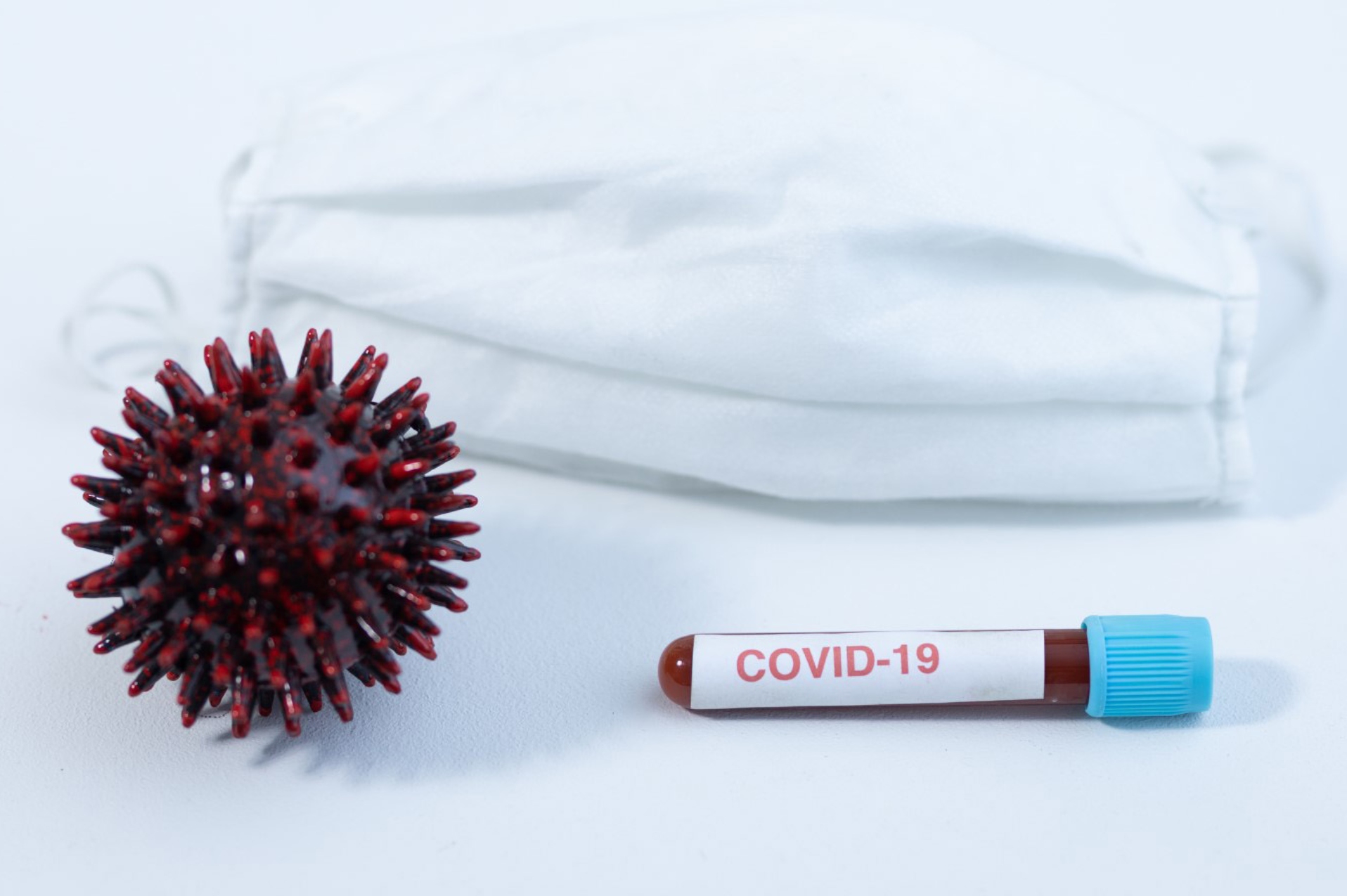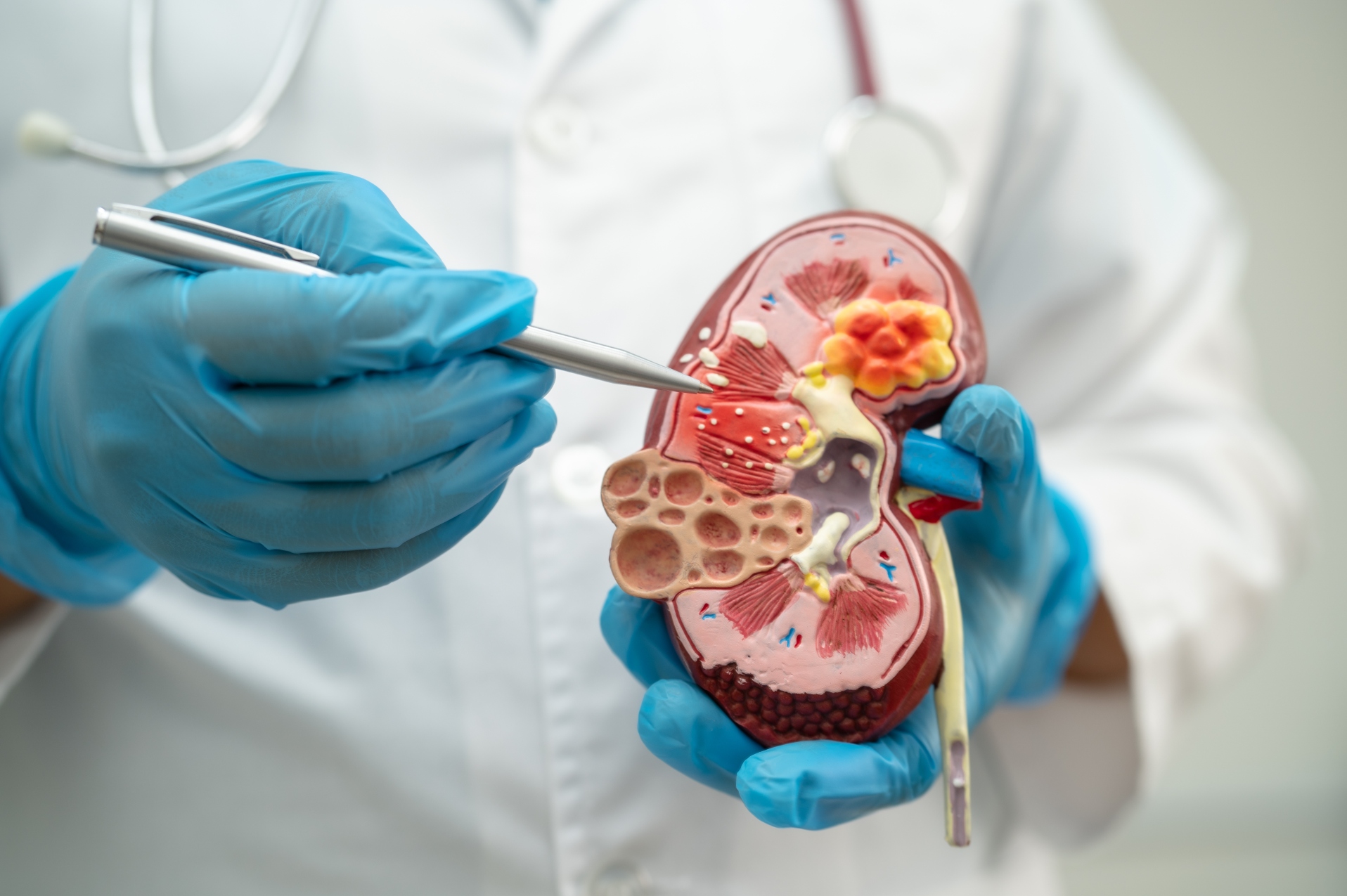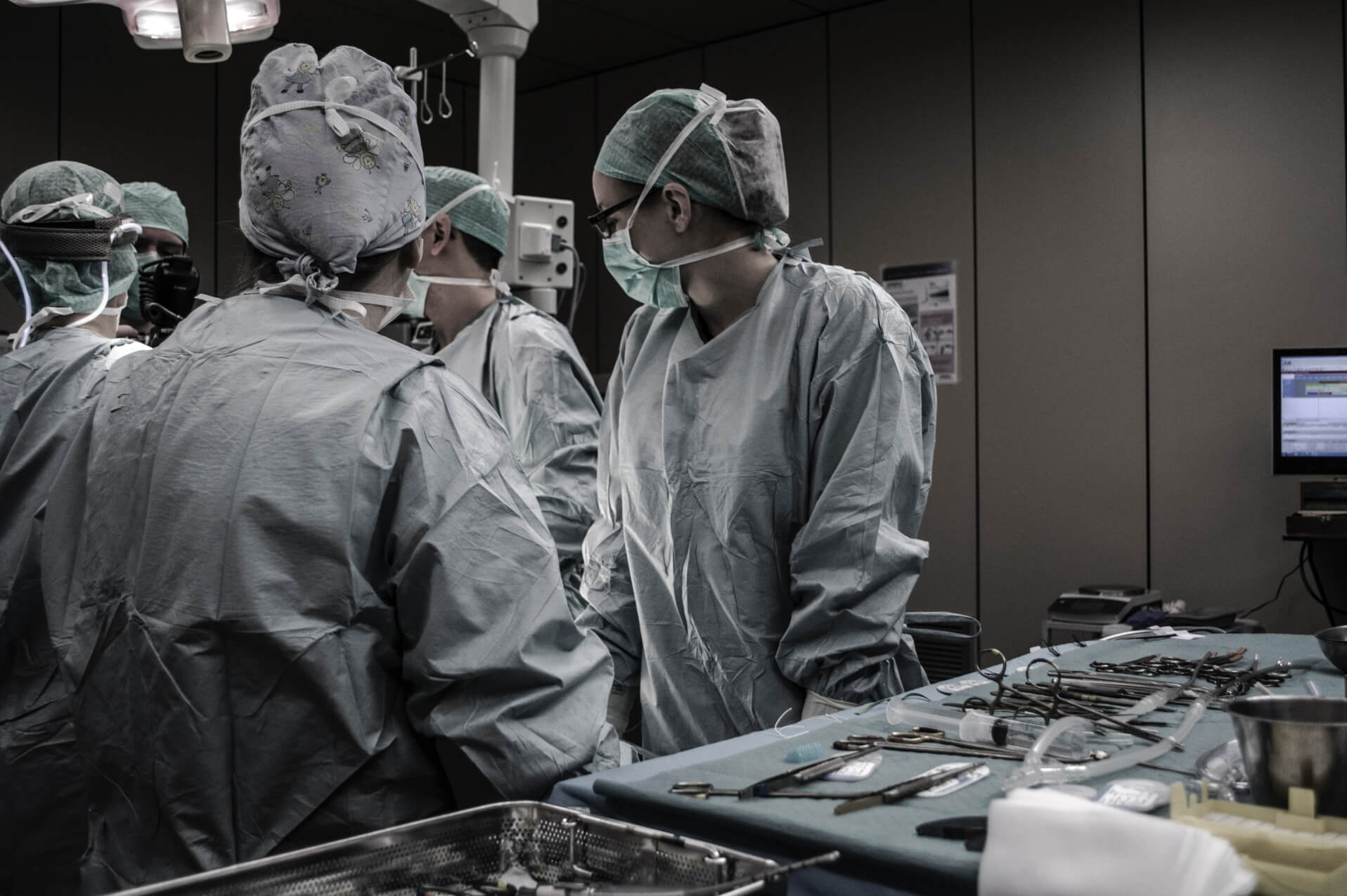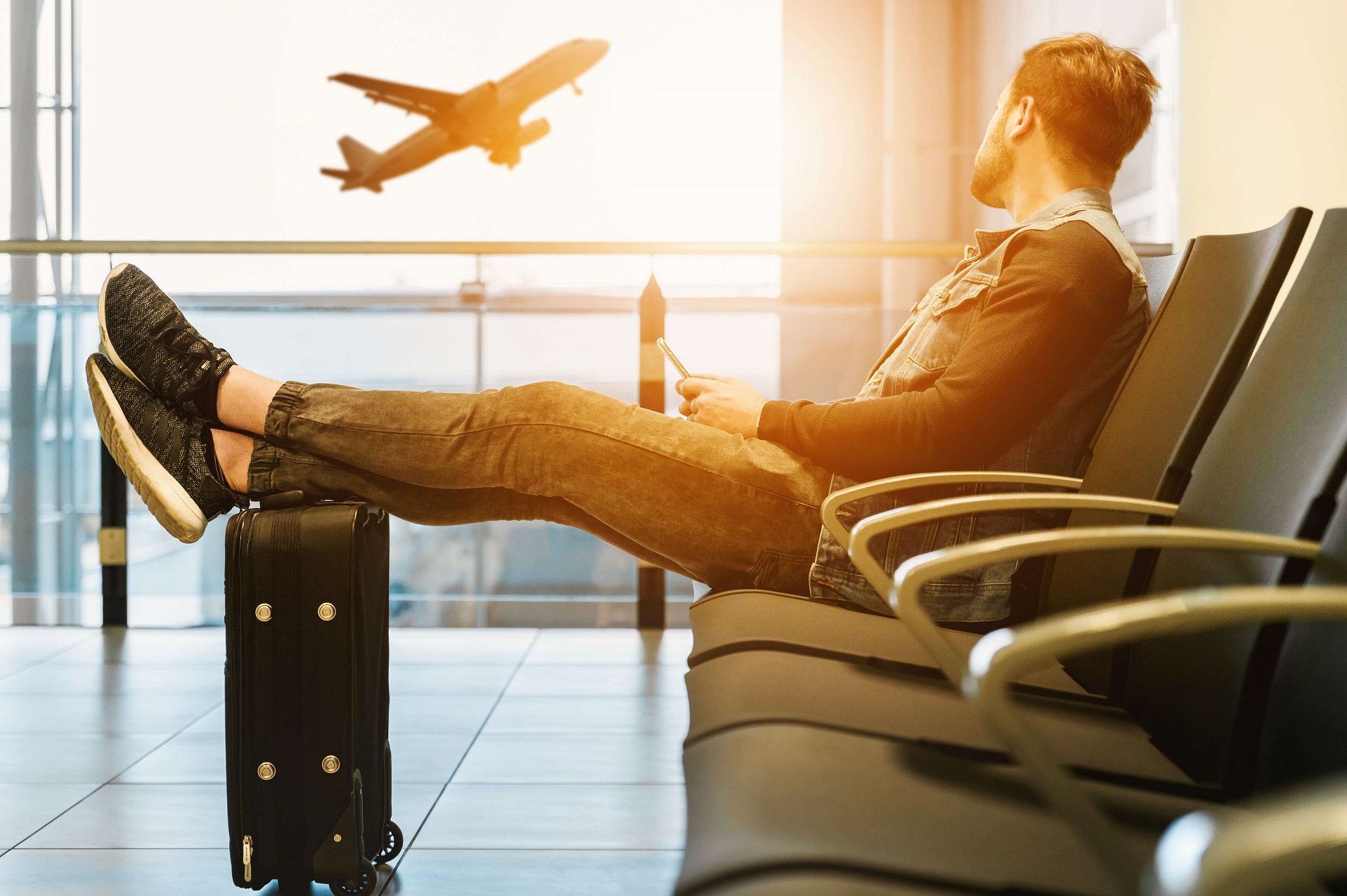
We are currently living in uncertain and unusual times. Social distancing is the new normal, as in Sri Lanka and globally, we all cope with creating a new form of normal. Being aware and updated on new findings and news related to this current global pandemic, will help you and your loved ones lead a safer life as Sri Lanka slowly resurfaces after lockdown.
Where does the name Corona come from?
Corona is an umbrella term applied to a number of viruses. This current strain was originally called the novel corona virus because is a new virus. The breakdown of the name of this current pandemic COVID-19 is as follows:
CO – Corona
VI – Virus
D – Disease
19 – 2019
Why is this current Corona virus spreading so fast?
It is a respiratory virus, highly contagious because it takes a few days for the symptoms to appear and therefore can be passed on, unknowingly. As it is a new virus a lot work still needs to be done to understand how it transmits from person to person.
How long do you have to be with someone to catch the virus?
The longer you with someone who is infected then of course the likelier the chances of getting infected yourself. However, it depends on the closeness of the contact and not really on the duration, which is why social distancing is so important. This plus good hand hygiene will go a long way to keep you and your family safe.
What is the difference between self-isolation and social distancing?
Both are effective ways to keep you and your family safe, while slowing down the spread of the Corona virus. Social distancing means limiting face to face contact with other people as much as possible, by maintaining a 2m distance. Whenever possible use online services to reduce direct contact with other people. Those with underlying health conditions, pregnant ladies and people over 75 years of age should be especially vigilant in following social distancing measures.
Self-isolation is what occurs if you or a member of your family shows are symptoms related to COVID 19. If this happens you should self-isolate immediately for 14 days, after informing the relevant authorities.
Does wearing a face mask help?
Social distancing, good hand hygiene and healthy respiratory habits are the best methods to curtail the spread of the Corona virus. Healthy respiratory habits include using disposable tissues to cover your mouth and nose when coughing and sneezing. After that it is important to throw the used tissue into a bin and immediately wash your hands thoroughly. However, face masks do have some benefits if you are in an enclosed space where keeping the required social distance is difficult. This includes situations such as when travelling by public transport, in shops or in offices.
Be sure to wash your hands well before touching the face mask and always throw disposable masks into a bin after usage. If the mask is reusage, then after each use wash it well with 60c water.
How can I keep my family healthy at home?
It is very important to ensure that your family eats a balanced diet and drinks plenty of water. Try and base the meals around high in fibre and carbohydrates foods and include lots of fruits and vegetable. Aim to include at least 150 minutes of exercise a week along with some strength exercises. There are many free online resources from which you can get ideas regarding family activities you can enjoy together. Make sure everyone gets plenty of sleep and that you all support each other for a peaceful mindset.
What should I do if I start to development symptoms?
As soon as you feel as though you could be having the virus symptoms, isolate yourself for 7 days. Most people experience mild symptoms which can be easily managed at home and there are many reputed online resources that can guide you on what to do. If, however, your symptoms get worse then contact medical authorities using the guidelines stipulated. If you are tested positive, then everyone who came into contact with you should immediately isolate themselves for 14 days or if advised to do so, quarantine at one of the quarantine centres in the island.
What is the recovery process like?
The road to recovery for each person will differ, and largely depend upon how severely they were affected by the virus and their general health. Most people will only suffer with mild symptoms and these people can be expected to make a full recovery withing a few weeks, though they may have the cough for some time after recovery.
People with more severe symptoms and who require oxygen therapy in hospital, will take longer to recover, sometime even months to fully recover. Even then they may notice some lingering tiredness. According to reports it can anywhere between 12 to 18 months for anyone who has been in intensive care and on a ventilator to recover from the disease.
Additionally, there may also be mental fatigue. Anyone recovering should give themselves time, listen to their bodies and not expect anything too soon but take the necessary time to recover.
Where can I get COVID related updates?
It is always preferable to get your information from reputed websites and sources, such as Government websites or the WHO website.




